A theology should be like poetry, which takes us to the end of what words and thoughts can do
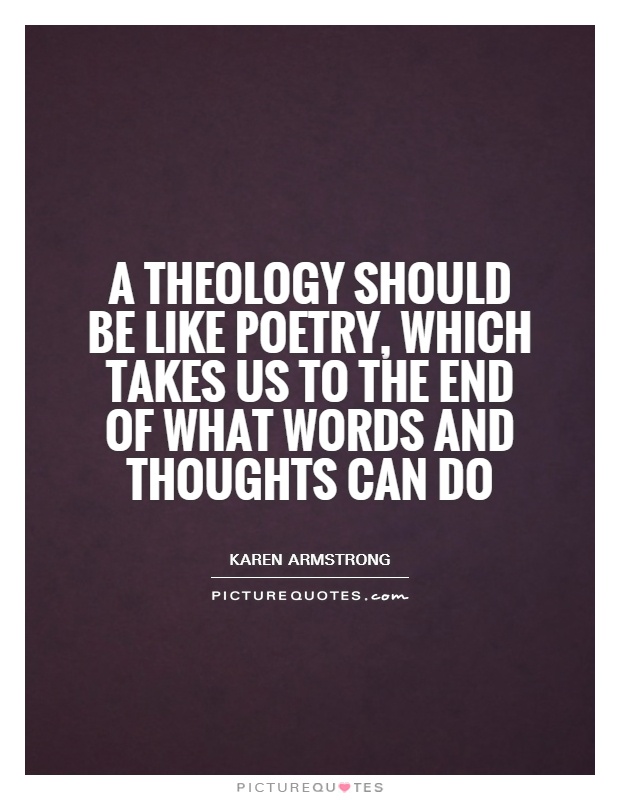
A theology should be like poetry, which takes us to the end of what words and thoughts can do
Karen Armstrong, a renowned religious scholar and author, has often emphasized the importance of approaching theology with a poetic mindset. In her view, theology should not be confined to rigid dogmas and doctrines, but should instead be a creative and imaginative exploration of the divine. She believes that theology, like poetry, has the power to transcend the limitations of language and logic, and to lead us to a deeper understanding of the mysteries of existence.Armstrong argues that traditional theological discourse often falls short in capturing the ineffable nature of the divine. Words and concepts, no matter how carefully crafted, can never fully encapsulate the transcendent reality of God. This is where poetry comes in. Poetry, with its use of metaphor, symbolism, and imagery, has the ability to evoke emotions and insights that go beyond the literal meaning of words. In the same way, theology should strive to evoke a sense of wonder and awe in the face of the divine.
Armstrong’s approach to theology is deeply influenced by her own spiritual journey. As a former nun who later turned to academic study of religion, she has experienced firsthand the limitations of traditional theological discourse. She has come to see theology not as a set of fixed beliefs, but as a dynamic and evolving conversation about the nature of the divine. For Armstrong, theology is not about providing definitive answers, but about asking the right questions and engaging in a continual process of exploration and discovery.
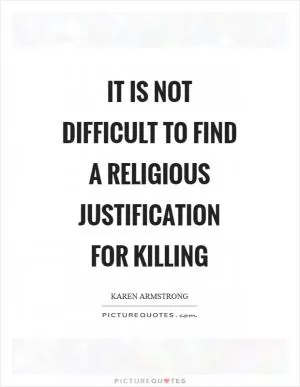
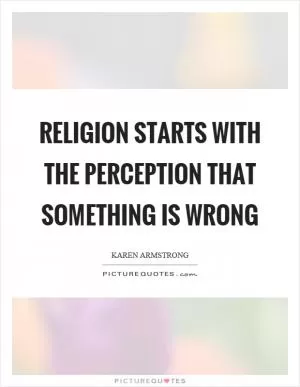
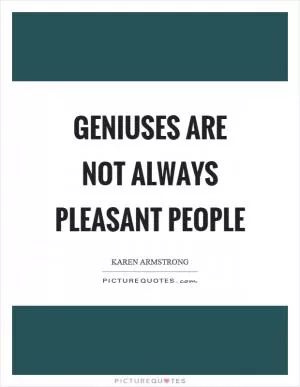

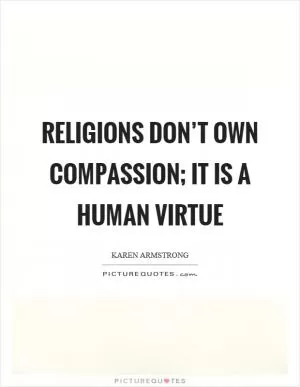
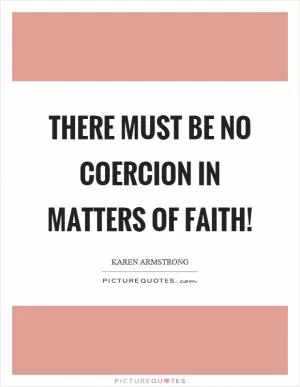
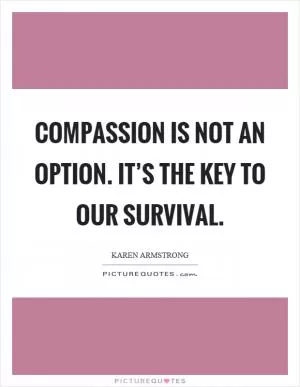

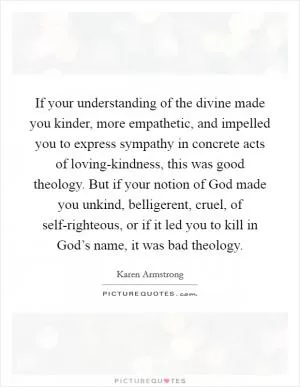
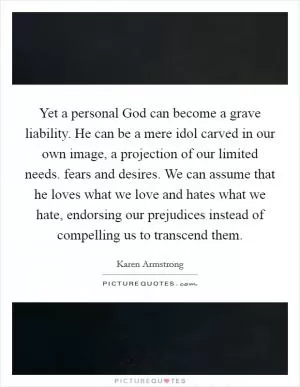
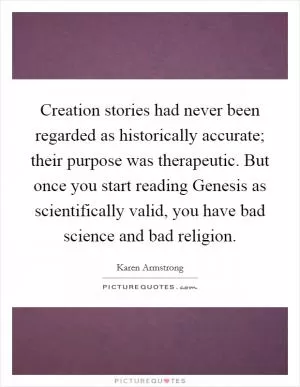
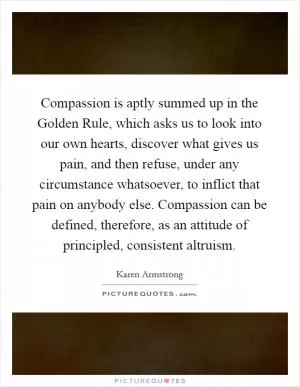
 Friendship Quotes
Friendship Quotes Love Quotes
Love Quotes Life Quotes
Life Quotes Funny Quotes
Funny Quotes Motivational Quotes
Motivational Quotes Inspirational Quotes
Inspirational Quotes